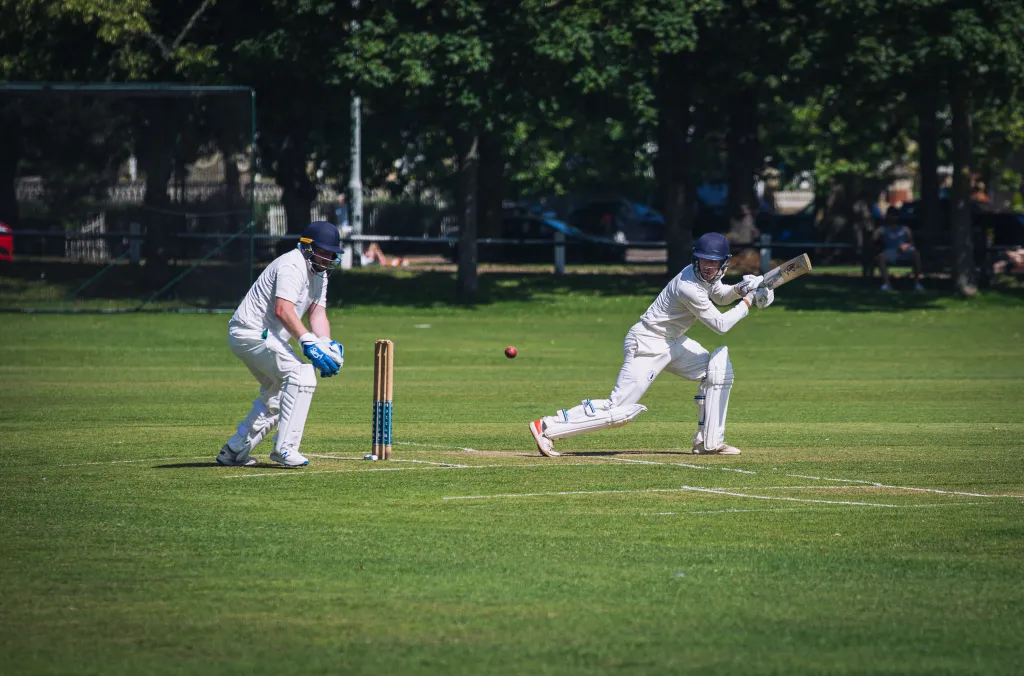The International Cricket Council (ICC) Chief Executives' Committee has approved changes to the over-rate sanctions in Test cricket to strike a balance between maintaining over-rates and ensuring fair compensation for players. Under the new regulations, players will no longer lose 100 percent of their match fee.
Starting from the current World Test Championship cycle, players will face a fine of 5 percent of their match fee for every over the team falls short, with a maximum penalty of 50 percent. This modification aims to encourage players to maintain over-rates while also considering their financial well-being.
A significant amendment states that if a team gets bowled out before reaching 80 overs and the new ball is not yet due, no over-rate penalty will be imposed, regardless of potential delays. This update supersedes the previous threshold of 60 overs.
Sourav Ganguly, Chair of the ICC Men's Cricket Committee, highlighted the importance of the ICC World Test Championship in revitalizing Test cricket. He stated, "In the last edition, we only had 12 draws in 69 matches, and we want to ensure that trend continues whilst we’re giving fans the best value for money and keeping over-rates up."
The Men's Cricket Committee recognized the need for over-rate penalties to remain in the form of WTC points deductions but recommended that players should not risk losing their entire match fee. This balanced approach aims to uphold over-rates while not discouraging players from participating in Test cricket.
The introduction of these modified sanctions follows recent incidents during the 2023 ICC World Test Championship Final at The Oval, where Australia and India were fined for slow over rates. India lost all of their match fees, while Australia faced an 80 percent deduction. Notably, India's innings did not reach 80 overs in both innings of the Test.
The ICC's decision to implement these changes will contribute to maintaining the pace of Test cricket while providing fair remuneration to players. This development aims to strike a harmonious balance between the game's traditions and the players' financial interests.

